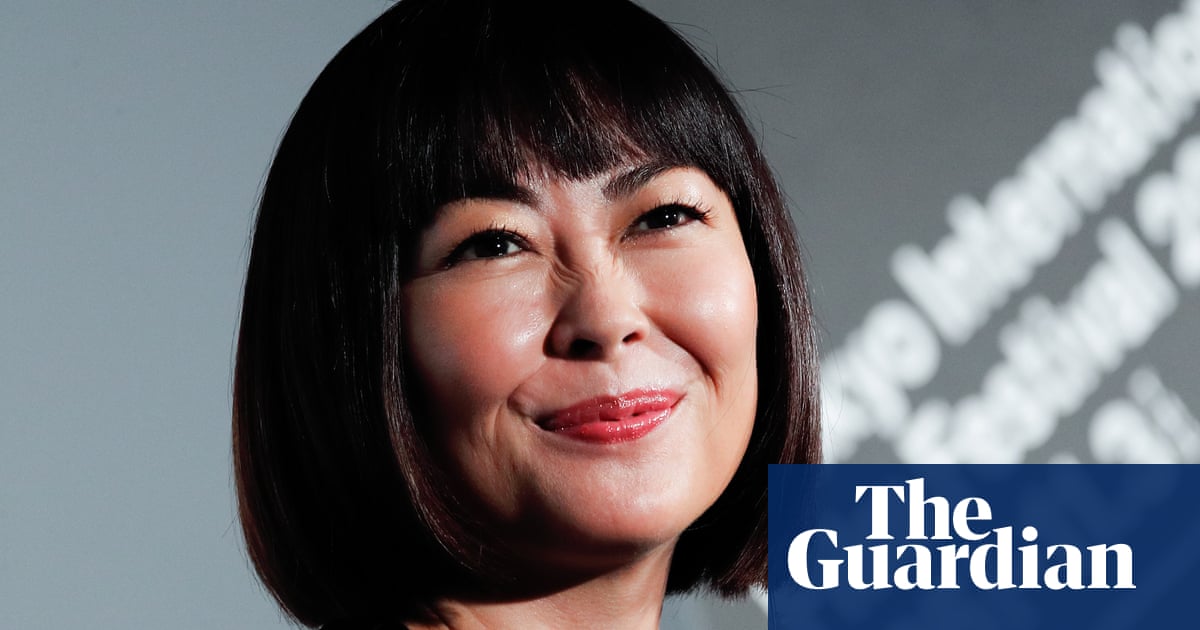Musician and actor Miho Nakayama, best known for her dual role in the successful 1995 feature Love Letter and for her music career in the 1980s and 90s, has died aged 54.
According to a report in the Japan Times, Nakayama was found dead at her home in Tokyo on Friday. The cause of death has not been confirmed, but the Japan Times reported her body was found in the bathtub, and her death was confirmed by medical personnel.
Her management company released a statement saying: “It is with deepest regret that we have to make this sudden announcement to all those who have been involved with [Nakayama’s career] and to the fans who have supported her, but it has happened so suddenly that we are also stunned and saddened by the news. We are still in the process of confirming the cause of death and other details.”
Born in 1970, Nakayama first made her name with a string of successful J-pop singles and albums in the 1980s, including C, Be-Bop High School and Tsuiteru ne Notteru ne; Nakayama then began acting in TV shows and films for which her songs acted as theme tunes, including two entries in the Be-Bop High School series and the romcom Who Do I Choose?
In the 1990s, she continued to release music successfully, modulating to slower-paced and ballad-oriented material such as Midnight Taxi and Sekaijū no Dare Yori Kitto. She also took on more ambitious acting roles with the Shunji Iwai-directed Love Letter, which was released internationally under the title When I Close My Eyes. It was a substantial domestic hit and featured Nakayama in a dual role, playing a woman whose fiance dies in an accident and another, more mysterious character who bears a bizarre resemblance to him. Nakayama followed this up with the lead role in Tokyo Biyori (aka Tokyo Weather), a film based on the life of Yoko Araki, the wife of photographer Nobuyoshi Araki, who documented their life together. Nakayama was nominated for a Japanese Academy Award in 1998 for her startlingly intimate performance.
In 2019, Nakayama released her first studio album in two decades and in the same year appeared in a small role in Iwai’s Last Letter.

